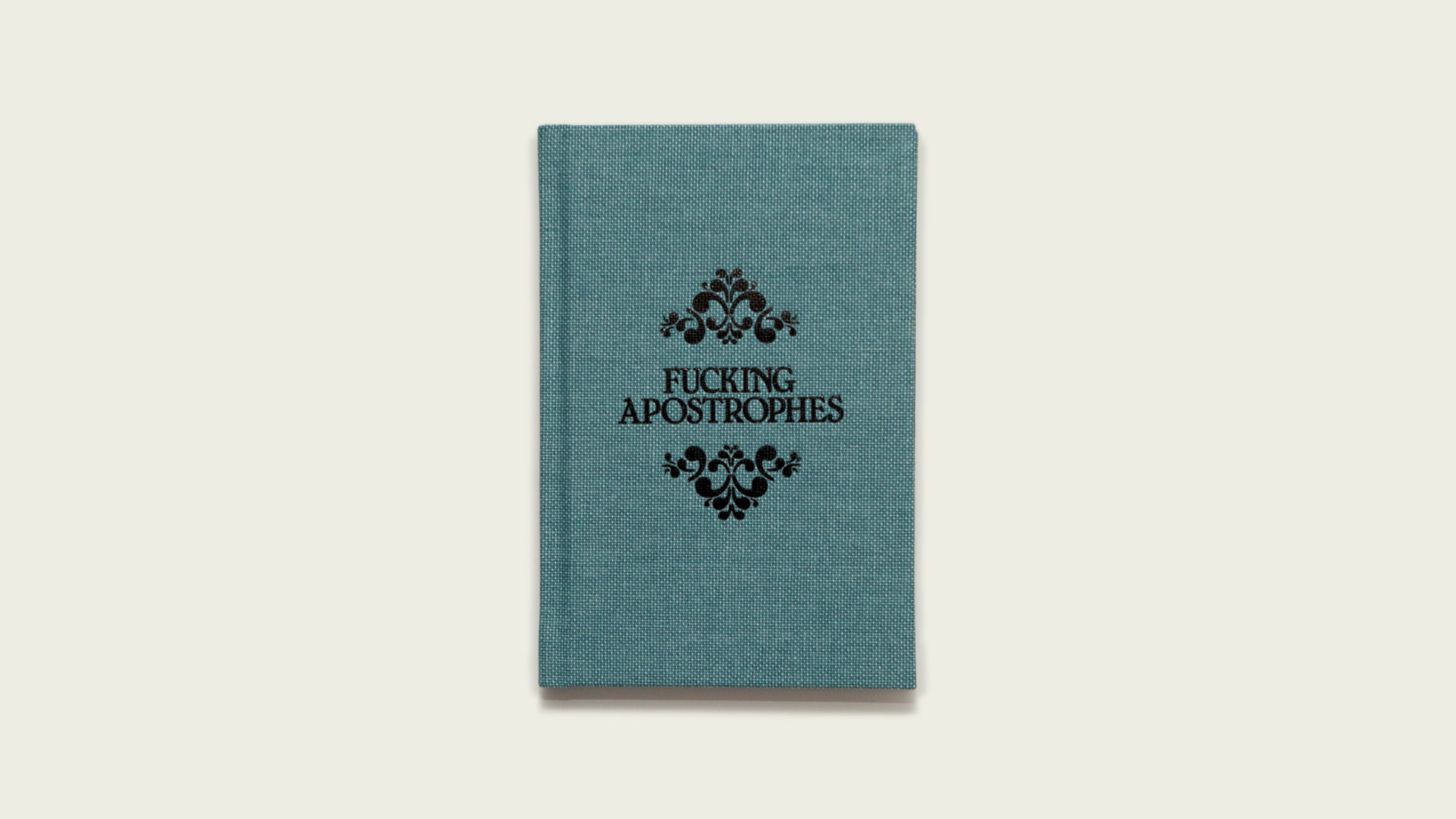Shame! Shame! Shame!
A couple of days ago I was listening to John Ronson on the Nerdist Podcast. He was promoting his latest book, So You’ve Been Publicly Shamed, which is all about internet shaming. You know the kind of thing: well-meaning person makes slightly misjudged joke on Twitter, and by the end of the week he/she has been hounded from their job by a baying pack of judgemental wolves.
When I was listening to it I recalled an incident in the heyday of Scamp’s blog when the youngish team who created this ad…
https://www.youtube.com/watch?v=Ahg6qcgoay4
…were pilloried to the nth degree because it was effectively a remake of someone else’s virtually identical observation test. If memory serves, the vitriol ran to over 200 comments, with opinions running very high indeed. In the post itself Scamp said that it was a brilliant ad with a great chance of a D&AD Pencil. Unfortunately for the team it didn’t win. Did the antipathy, or exposure of the source harm its chances? I’ve certainly been on juries where a favoured ad can be binned by a single person explaining that it had been ripped off something already in existence.
So the mob got their way and the team was, in advertising terms, punished. But why that ad?
Back in those days (2008) there seemed to be a lot more conversation about whether or not ads were ripped off other pieces of art or culture. Some seemed ‘fair’ (as in the original footage seemed to resemble the later ad in an undeniable way), but this ‘influence spotting’ began to descend quickly into desperation. I recall someone managed to dig up some crappy footage of a drumming gorilla that resembled the great Cadbury ad to the same extent a doormat resembles a Persian rug (I should probably now acknowledge that I stole that metaphor from The Rachel Papers by Martin Amis). People even suggested Guinness Surfer was some kind of a rip-off because images of waves as white horses had already ‘been done’.
Odd, really, because advertising has often reappropriated the work of others. Think back to The great Holsten Pils campaign of 1983:
…Which was a conscious nod to one of the big films of the time, Dead Men Don’t Wear Plaid:
And people didn’t mind at all. In fact, it won D&AD’s Gold award that year.
So why is one a crime and not the other?
Allow me to explain. For proper ad shaming four conditions must be met:
- The ‘stolen’ idea must be created by a smaller/weaker/poorer person or entity. If you nick the work of a massive Hollywood studio then it’s fair game. We all like an underdog, and when it’s a UK ad agency vs 20th Century Fox, we’re all on the side of the little guy. However, if the original work was created by some struggling artist, they become the underdog and the ad people are the mean giants, crushing the little guy for the chance of an award. You can of course use the original creator to make the ad, giving him or her credit and cash. That seems to be nice enough behaviour to avoid the bell of shame.
- The team that stole the ad must lack power and standing in the industry. If a giant CD who has won a tonne of awards ‘borrows’ the work of someone else, people don’t seem to mind. This is because we kind of think that they didn’t need to borrow the original work; they have already proved themselves capable of creating much great original work themselves. So we don’t really see the borrowing as borrowing, so much as kindly bringing exposure to an obscure piece of work. Also, people tend to get less traction slagging off the powerful and important, so are less inclined to do it.
- The theft must look lazy. If you took an influence and gave it a twist to improve it enormously (see above Guinness Surfer example) then you’re OK. If, however you effectively stuck a logo on something and hardly changed it, or – heaven forbid – made it much worse, then you have committed the extra crime of failing to use the ad industry’s money to stand on the shoulders of giants and at least improve the original. Here’s the best example of that I can think of:
4. The ‘stolen’ ad must have a high profile. Either it’s on TV a lot, like the above Berocca ad, or it’s going to be up for an award or two. Otherwise why bother giving it a kicking? If you cry foul on a small space press ad for a village hall cheese sale the only effect you’ll have will be to look like a pedantic nit-picker who wants to make himself look good for spotting obscure references.
So there you go: conditions for ad-shame. As I said, I’ve noticed far less of this stuff being called out in the last five years, so either it doesn’t happen as much or people don’t care as much. Or both.
I certainly don’t give much of a toss anymore, so even if someone sends me the two pieces of work and asks me to expose the thieves, I usually can’t be bothered.
Have you wanted to use the bell of shame lately? Or have you stopped caring because ads are generally too shit to care about where they came from?

